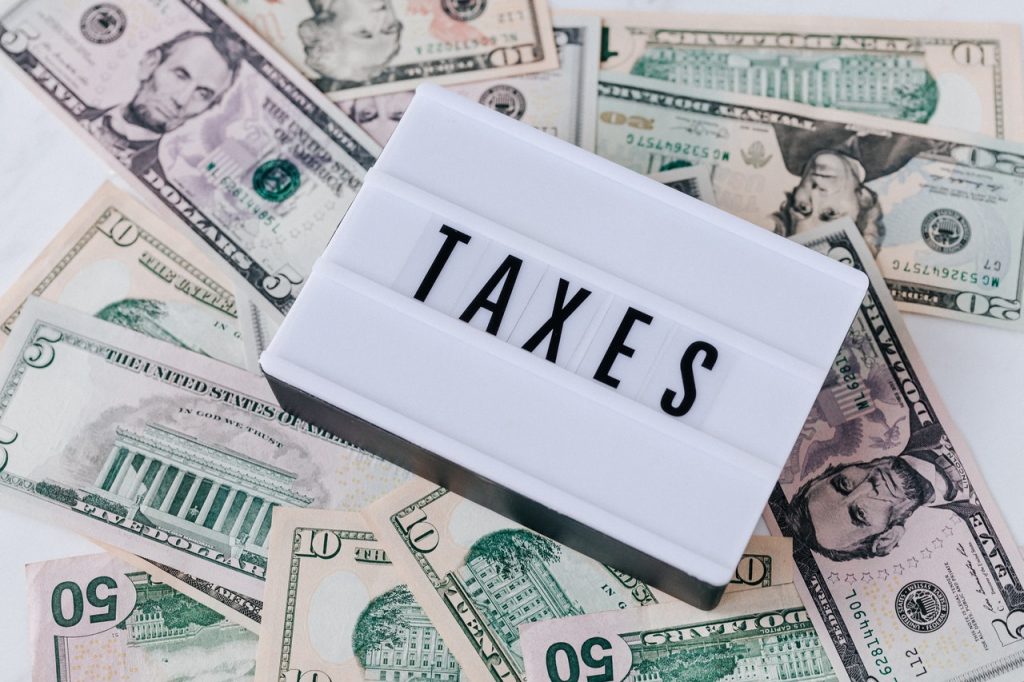TIME FOR A VACATION: PRESIDENT TRUMP’S PAYROLL TAX HOLIDAY
After Congress failed to come to an agreement on a second Coronavirus relief package, President Trump signed several executive orders and memorandums on August 8, 2020 aimed at providing economic relief to employees and individuals who have lost their jobs as a result of the Coronavirus pandemic.
One of the more notable actions taken by the President was the Memorandum on Deferring Payroll Tax Obligations in Light of the Ongoing COVID-19 Disaster. The Memorandum was billed as a way to immediately increase the size of an employee’s paycheck and a way to help stimulate the economy by deferring certain payroll taxes.
Deferring Payroll Tax Obligations … What Does It Mean?

In essence, the Memorandum directs “the Secretary of the Treasury to use his authority to defer certain payroll tax obligations with respect to the American workers most in need.” Those payroll obligations are identified as the employee’s portion of Social Security taxes under the Federal Insurance Contributions Act (FICA). Under 26 U.S.C. 3101(a), every individual is assessed a tax equal to 6.2% of their wages to fund Social Security. Thus, by deferring the employee’s portion of the Social Security tax obligation, the Memorandum (in theory) would boost an employee’s paycheck by roughly 6%.
Some key aspects of the Memorandum include limiting the option to defer payment of Social Security taxes to employees who make less than $4,000 (pre-tax) during a biweekly pay-period, or generally salaried employees earning $104,000 per year. Furthermore, the Memorandum does not apply to the employer’s portion of Social Security taxes, meaning the employer must continue paying its tax obligations.
It’s a Deferral, Not a Waiver … And It May Be Challenged
As the name would suggest, President Trump’s Memorandum is merely deferring tax obligations without “any penalties, interest, additional amount, or addition to the tax,” not outright waiving the collection of taxes. While Trump included a provision that directed the Secretary of Treasury to explore avenues to eliminate the obligation to pay taxes that were deferred under the Memorandum, such action would likely have to come from Congress. Accordingly, employees may inevitably end up paying those taxes after the program expires in 2021.
Although the Memorandum is likely to face legal challenges, Nevada employers need to be prepared to implement these changes. Pending guidance from the Secretary of State, employers should meet with their payroll administrators to discuss their plan to exclude the collection of the employee’s portion of Social Security taxes under FICA. Additionally, employers should notify employees of the reduction of federal withholdings and the potential that they may have to pay those taxes in the future.
We will provide updates as there are more developments with this executive order and other executive actions affecting Nevada employers. We are not tax advisers and encourage members to reach out to their CPA or trusted tax adviser for tax advice. Are you getting our news alerts? Join our mailing list to make sure you stay up-to-date on the latest information on this and other issues affecting employers.
Mailing List Sign Up Form
Fill out this mailing list sign up form to receive monthly email updates on the latest NAE news, HR issues, special events, training dates and more!
